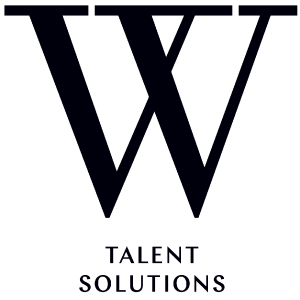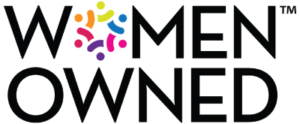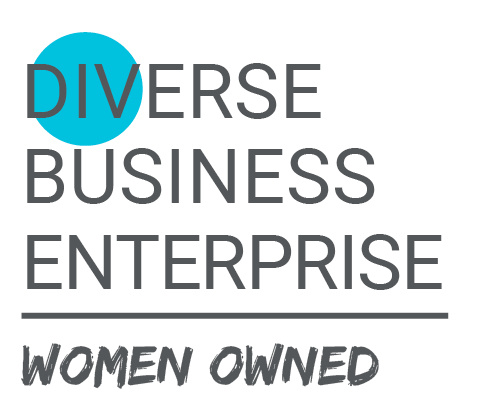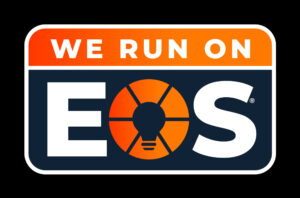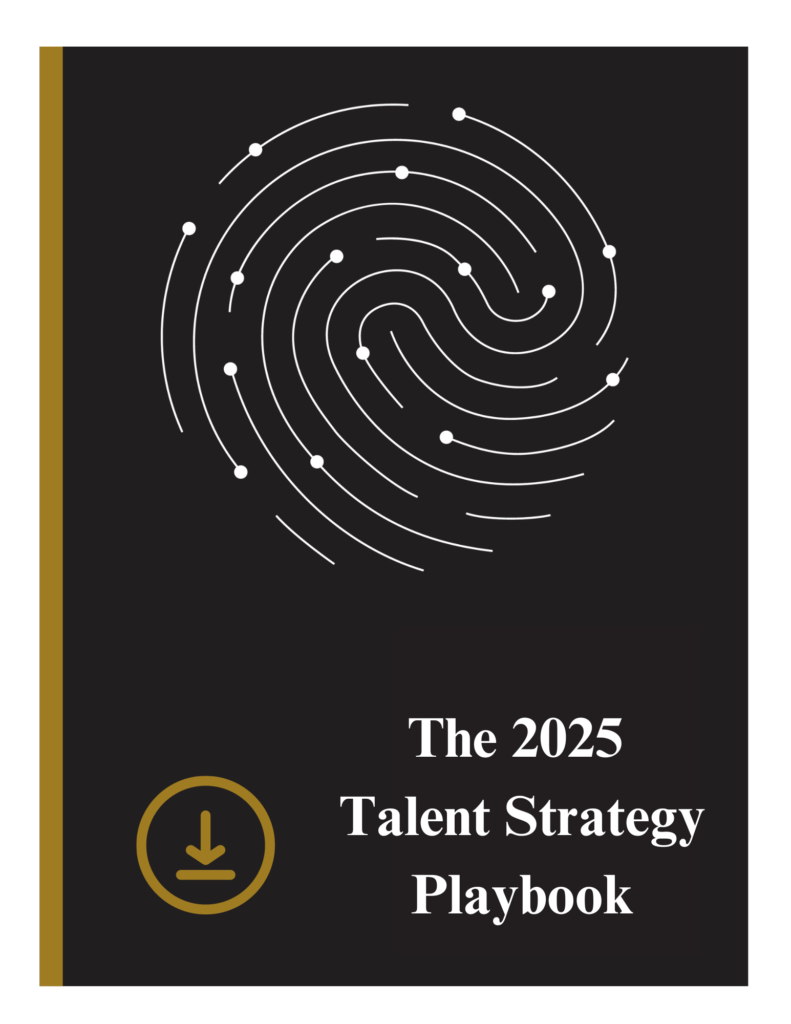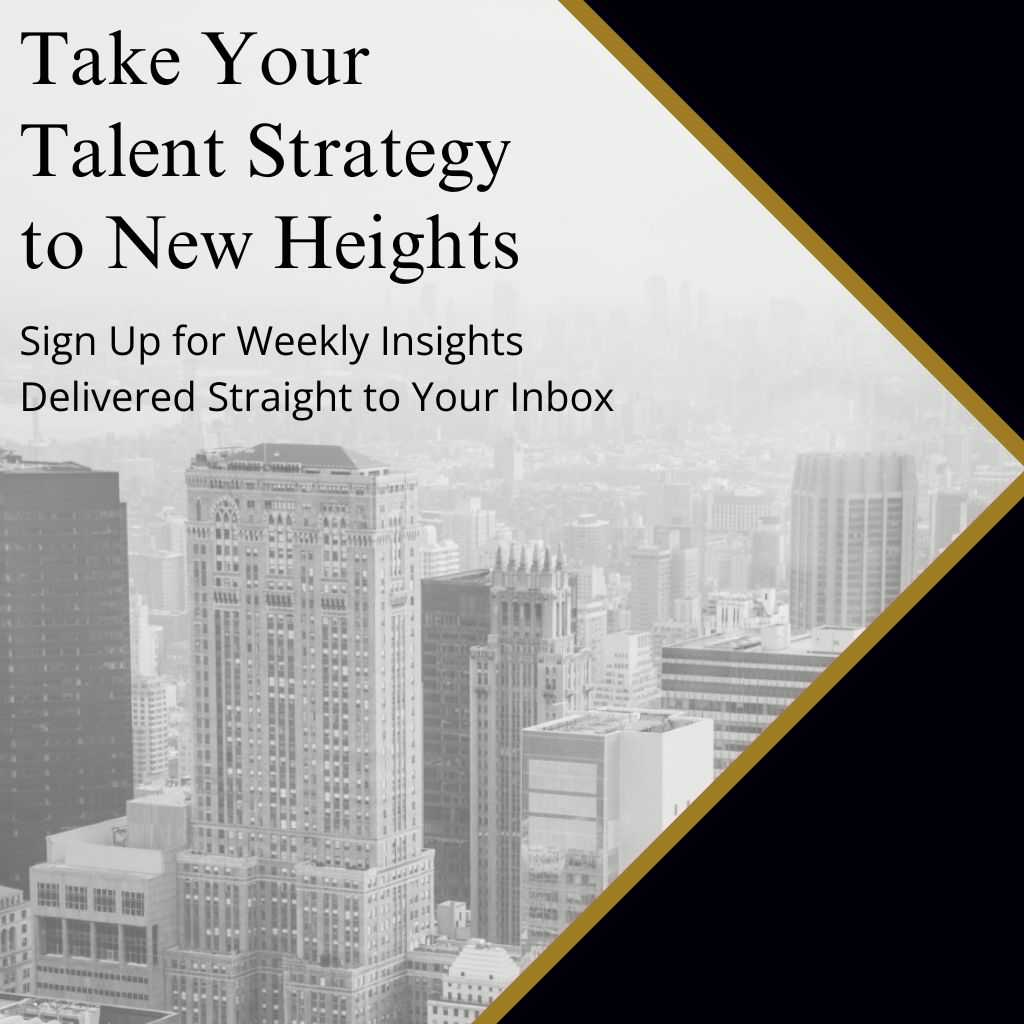Talent Leaders Suggest Asking Interviewees These Questions
by Lauren Fenech and Nicole Degi
You’ve worked with an executive recruiting firm to find top talent. The candidates have been through the screening process, and now it’s time for you to get to know them. Whether you are conducting a virtual or in-person interview, it’s important to ask interview questions that help you dig deeper into candidates’ values, strengths, opportunities, skillsets and abilities.
These questions should be able to get a good sense of the interviewer and assess if the candidate is a quality fit for the team.
Bonus: When working with W Talent Solutions, we supply you with a comprehensive interview guide through Predictive Index to help with this process, but we also wanted to share some of the top questions to ask a candidate.
When deciding to add talent to your team it is important to make sure you are properly vetting them by asking questions that assess the candidates’ strengths, values, skills, and knowledge. These aren’t in any specific order, but here are some unique, hard and strategic interview questions to ask your candidates.
Below are some ideas for interview questions:
- What do you know about the company and why do you want to work here?
By asking this question you would get an understanding of if the candidate researched the company and understands the values and mission behind your organization.- Why are you interested in this position and how do you feel you can contribute to the overall success of the company if offered this position?
This question is a good indicator of how this person can align with the overall goals of the company.
- Tell me about a time that you were successful in your role?
By asking this question you will not only learn about specific accomplishments, but you also may get an understanding of their passions.
- Tell me about a time that you made a mistake and how did you overcome that?
This can be a tough question for a candidate to answer but I think it’s important to listen very closely to how they answer the question. This question shows whether they can take ownership of mistakes and how they overcome them.
- Have you ever been in a situation where you had to work on an extremely tight deadline to get the work or project done? If so, how do you handle this?
Dig deeper with the candidate and have them answer the question by giving an example.
- Have you managed a team before? If so, tell me about your leadership style and how many reports you have had.
This will give you a good understanding of if their leadership style will align with the rest of the leadership team and company culture.- How would your coworkers and manager describe you?
This is not only a fun question to ask, but a question that will give you a good overview of how the candidate feels they have contributed to the organization.- What is the best part about working here?
Culture-based questions are important to ask to understand if the candidate will enjoy the culture of the new organization.- Why are you looking to make a change right now?
Many of the candidates we work with are passive. Knowing what is motivating them to make a change can help you understand their needs and if they are a good fit for this position. I personally enjoy this question because if can reveal a person’s character. If they speak poorly of their incumbent employer, it could mean a red flag. This question also will reveal what level this candidate is looking for in the future; they could be interviewing for an independent contributor role but would like to work their way into a management role.- Can you speak to a significant success in your career?
Is this person a top-notch sales hunter who has been 300% to plan? Have they never missed a day of work in their life? Maybe they’ll speak to a direct report that they mentored and saw them continue to grow. Not only will this tell us about the candidate’s accomplishments, but this is also (typically) going to include what they are passionate about when it comes to their professional career – two birds with one stone!- What motivates you? What drives you to be successful in the workplace?
Learning what motivates a candidate can make a huge difference based on the role. Because your candidate took the behavioral assessment through the Predictive Index, you already know how they are hardwired, but asking this question can start a valuable discussion.If the candidate answers with something surface-level, they might not be the exceptional candidate you are looking for. This can also break into something a candidate is very passionate about. Not only can you learn what is most important to them, but you can also learn why they are showing up every day.
- In what space do you feel you are most productive?
Asking what someone’s ideal workspace piggybacks off the previous question. You’re learning why they show up daily and where that space is for them. It’s a simple question, but certainly relevant. This will also show you if their ideal work environment matches your current office environment.- Have you ever had to work to an extremely tight deadline? Can you speak to that?
I’ve heard the question, “How do you deal with tight deadlines?” This question is a better variation of that. That question gives someone the opportunity to let you know what they would do in that situation. This question makes them dive a little bit deeper and share their experience. Their answer will show you if the candidate knows how to prioritize, delegate, or ask for help when necessary.- Tell me about a time you made a mistake.
A humbling question, certainly! This question is a great test of self-awareness. No one is perfect. This question shows whether a person takes ownership of their work or if they play the blame game. Hopefully, they’ll tell you what they learned from the mistake and how it helped them grow.- Describe a time when you really stepped into being a leader.
This question can be a little more telling versus asking, “Can you describe your leadership style?” Situational questions are going to reveal more than asking what type of leader the candidate is. At W Talent Solutions, we also do reference checks on behalf of our clients, and we ask how this person was viewed by peers, managers, and direct reports.- What would you accomplish if you were hired for this position?
Initially, this question will show you if the candidate knows the role they are applying for and the company. Did they do the research? Do they understand the goals of the position? Additionally, it’s going to reveal how goal-oriented this individual is. If they have great goals they want to accomplish, they’re able to share that here.- Have you had any other interviews lately?
Asking this is important because you do not want to be blindsided if they suddenly drop out of the interview process. If you’re speaking to your candidate and you know they are “the one”, this will help you establish a timeline to act fast and extend the job offer. It’s also great to know what type of competition you’re going up against!- What are your compensation requirements if you were to take on a new role?
Find out what is important to your candidate. Are they happy with a lower salary if that means they get a work-from-home/hybrid schedule? Is vacation time important to them? Talk full package! At W Talent Solutions, we have our candidates complete a compensation work sheet, so that our clients get a full snapshot of what their candidate is seeking.- What questions do you have for me?
Ideally, the candidate takes this opportunity to ask specific questions about the role, culture and values of the organization. The more thought provoking and detailed these questions are, the better understanding and passion this candidate likely has for the job.
As an executive recruiting firm, we truly dive deep before sharing a potential candidate with our clients, and many of these questions are asked before we even present a candidate to our clients. Our goal is to be a trusted partner, an extension of your talent acquisition team, and to present only “rockstar”, long-term fits to join our clients’ teams.
Learn more about how W Talent Solutions can help you with your executive recruiting needs.opportth














